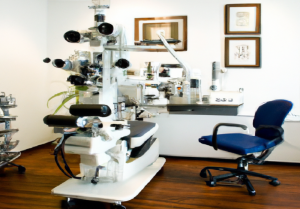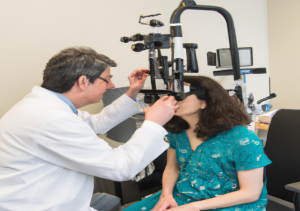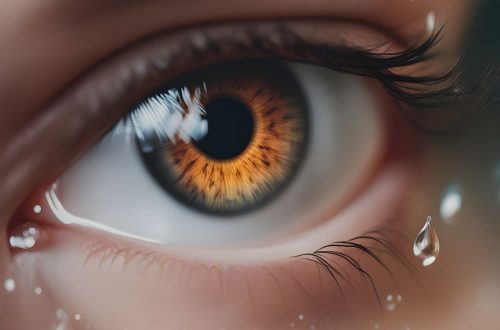Seeing Clearly
When it comes to our overall health, we often forget about the significance of our eyes. Good vision plays a crucial role in our daily lives, allowing us to read, drive, and recognize faces. Therefore, it is essential to prioritize our eye health and ensure that we are seeing clearly. This article aims to educate readers about the importance of regular eye exams and the benefits they offer.
The significance of good vision

Imagine not being able to read a book, drive a car, or even recognize the faces of loved ones. Clear vision is essential for these and many other daily activities. Vision problems can significantly impact our personal and professional lives, leading to limitations and frustration. That’s why it is crucial to actively care for our eyes and seek regular eye exams to maintain good vision.
Understanding the purpose of eye exams
Eye exams are not just about determining if we need glasses or contact lenses. They are comprehensive assessments conducted by optometrists or ophthalmologists to evaluate the health and vision of our eyes. These exams include visual acuity tests, eye movement assessments, and peripheral vision tests. By going beyond simple vision evaluation, eye exams can also screen for potential diseases or conditions, ensuring the overall health of our eyes.




Detection of eye diseases and conditions
Common vision conditions like nearsightedness, farsightedness, astigmatism, and presbyopia can significantly impact our daily lives. However, routine eye exams can detect these conditions at an early stage, allowing for timely treatment and preventing further deterioration. Additionally, eye exams can also identify more severe eye diseases such as glaucoma, cataracts, and macular degeneration, enabling early intervention to preserve vision and overall eye health.
Early intervention and prevention
One of the significant benefits of regular eye exams is early detection. Identifying eye conditions and diseases at their infancy allows for timely treatment, preventing their progression and potential complications. Eye exams also play a crucial role in identifying risk factors for eye diseases. For example, family history or certain lifestyle choices can increase our susceptibility to certain conditions. By knowing our risk factors, we can take proactive steps to prevent or manage vision problems effectively.



Frequency of eye exams
Determining how often we should have an eye exam depends on various factors such as age, overall health, and preexisting conditions. As a general guideline, children should have their first eye exam before starting school. Adults without any noticeable vision problems should have an eye exam at least every two years, while individuals with preexisting conditions or those over 40 years old should schedule yearly exams. It is essential to consult with an eye care professional to determine the appropriate frequency based on personal needs and health history.
Regular eye exams are not only about maintaining good vision but also an essential part of overall eye health. They allow for early detection of eye conditions, providing timely intervention and prevention. By prioritizing our eye health and scheduling regular eye exams, we can ensure that we are seeing clearly and enjoying optimal vision throughout our lives. If you haven’t had an eye exam recently, it’s time to make your eye health a priority. Remember, your eyes are precious, and keeping them healthy is crucial for a fulfilling life.





